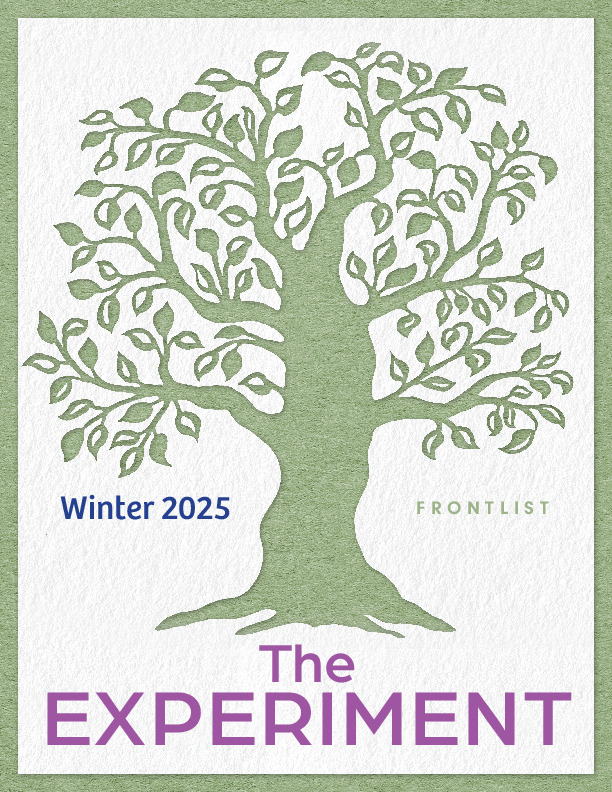
Sharon Palmer, RD, author of the upcoming cookbook Plant-Powered for Life, wrote a thought-provoking article in Today’s Dietitian on the health benefits of a plant-based diet for older women. She interviews fellow Experiment author Ginny Messina (coauthor of Never Too Late to Go Vegan) about how older women can find a balanced diet and get all of the nutrients they need from fruit, veggies, and whole grains.
The following is excerpted from the April 2014 Issue of Today’s Dietitian:
Vegetarian diets carry risks for older women. This assumption may be common regarding the appropriateness of plant-based diets for women as they age, even among health care professionals. Yet it hasn’t kept older women—even celebrities such as Mary Tyler Moore and Michelle Pfeiffer—from flocking to vegetarian and vegan diets. Indeed, according to a 2012 poll by The Vegetarian Resource Group, 4% of adults (both men and women) aged 45 to 54 are vegetarian or vegan—the same rate as observed in the general population—and 3% of adults aged 55 and older are vegetarian or vegan.
“There’s no reason at all why women of any age can’t adopt a vegetarian or vegan diet,” says Virginia Messina, MPH, RD, a plant-based nutrition expert who specializes in diets for older women and the coauthor of Vegan for Her and Never Too Late to Go Vegan. “Some nutrient needs change with age, but those needs can be met from plant foods.”
“In some cases, vegetarian women may have nutrient intakes that lower their risk for chronic disease,” says Messina, who also provides nutrition resources on her website, VeganforHer.com.
One of the main advantages of a well-planned plant-based diet is its rich nutrient profile, which may be even more important for older women. “Vegetarians eat more fiber and less saturated fat and have diets that are richer in antioxidants, so there are some definite advantages to eating this way as we age,” Messina says.
Messina suggests that dietitians help older women balance their calorie needs, which decrease after menopause, while still meeting their nutrient needs. “It really is important for postmenopausal women to eat a very nutrient-dense diet by including plenty of vegetables in meals and limiting ‘discretionary’ calories from sweets, snack foods, and alcohol. It doesn’t mean you can never have these foods, but putting the emphasis on whole plant foods becomes increasingly important. And including plenty of exercise in your routine will allow you to consume more calories, which in turn helps with meeting nutrient needs,” she says.


